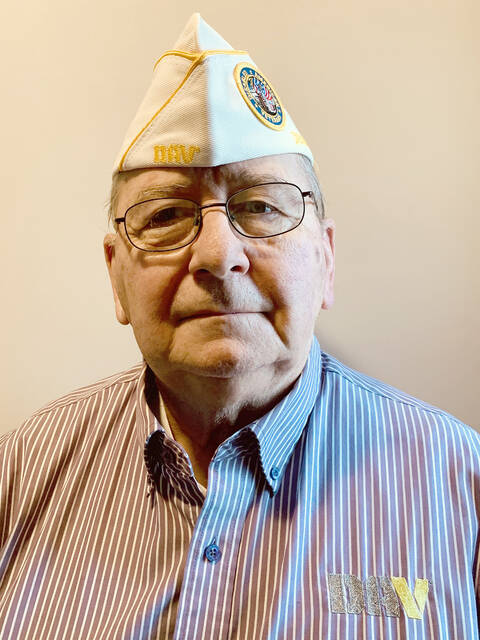On May 14, 2025, the House Subcommittee on Disability Assistance and Memorial Affairs met with representatives of the Department of Veterans Affairs (VA) to discuss overpayments and underpayments to veterans.
The VA stated that $1.4 billion in overpayments were given to disabled veteran and their survivors during Fiscal Year (FY) 2024. However, the VA admitted that it issued at least $5.1 billion in compensation and pension overpayments from FY 2021 to FY 2024.
The overpayments and underpayments represent less than one (1%) percent of the $161 billion in payouts processed by the VA in FY 2024.
According to VA data presented at the hearing, improper and unknown payments are down by eight-five (85%) percent since FY 2018. This was accomplished by new processing and tracking procedures.
The VA requires the veterans to re-pay the funds that the veterans incorrectly received. Kentucky Congressman Morgan McGarvey stated he recently met with veterans who were “confused, angry and even suicidal because they incurred a debt they didn’t know about.”
The House Subcommittee questioned the VA on how to take immediate action to correct these issues in the future. The Chairman of the Subcommittee, Congressman Morgan Luttrell, stated, “Our veterans’ live paycheck to paycheck.”
“If you’re trying to take something back from them, something the United States government gave to them,” continued Luttrell, “that’s our fault. We have to fix that problem.”
Representative Luttrell stated the VA only collected a portion of the overpayments from the veterans in the last four (4) years. According to Luttrell, this indicated that the VA wasted approximately $677 million in taxpayers’ dollars.
Many factors lead to overpayments to veterans. Some of these factors relate to VA administrative errors, but other errors come from delayed reports of beneficiary status, either through death, divorce, or other life
changes.
The Executive Director of the VA’s Compensation Service, Nina Tann, stated that the VA provides services to 9.1 million people. Some mistakes are difficult to avoid because of the size and scope of the VA’s benefits responsibilities.
The VA has a “heightened risk,” according to Executive Director Tann, of making improper payments due to the large number of beneficiaries and the high-dollar amounts it issues monthly.
The VA’s Deputy Assistant Inspector General (IG) Brent Arronte indicated that the VA “is heading in the right direction. They are correcting ‘effective date’ tool builders. They are consolidating their policies and procedures.”
“We’re looking at massive problems here, complicated, imperfect programs,” explained Rep. McGarvey. “We have to push for real efficiencies and improvements, and we absolutely need to make sure strong payment controls are in place.”
VA officials have the authority to waive repayments in certain circumstances and that has been done in the past. For example, an administrative VA error in January of 2024 impacting over 15,000 veterans with dependents was reversed, and no collection action was taken.
According to Executive Director Tann, the VA is working to finalize new rules regarding waiving collection actions against veterans and communicating with veterans concerning the updating of their records. This communication will ensure that payment mistakes will not occur.
“We must ensure that the VA is a responsible steward of the taxpayers’ investment,” concluded Lutrell. “This means paying every veteran the correct amount of benefits they have earned, the first time.”
My Opinion: Collecting overpayments made to people because of an administrative error in the private sector (like banking institutions) is a common and accepted practice.
The VA has made progress in fixing overpayments and underpayments and is attempting to finalize new rules regarding waiving collection actions against veterans. They are working to better communicate information to veterans and survivors concerning the updating of records.
The VA Inspector General (via the Deputy IG) is satisfied that progress is being made in correcting errors and mistakes. Both Congressmen Luttrell and McGarvey are making a bipartisan attempt to resolve the situation.
Hopefully that now this situation has been brought to the attention of Congress, it will, in conjunction with the VA be corrected and resolved.
BioSketch: John Plahovinsak is a retired 32-year Army veteran, who served from 1967 to 1999. He is the Disabled American Veterans (DAV) Department of Ohio’s Hospital Chairman and Adjutant of Chapter #63 (Clermont County.) He can be reached at: [email protected].
Subscribe to The Clermont Sun today!
https://www.clermontsun.com/subscribe

